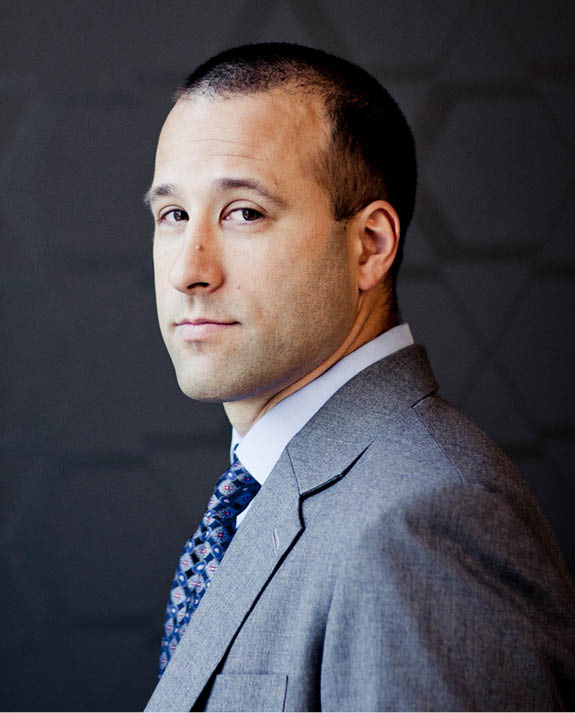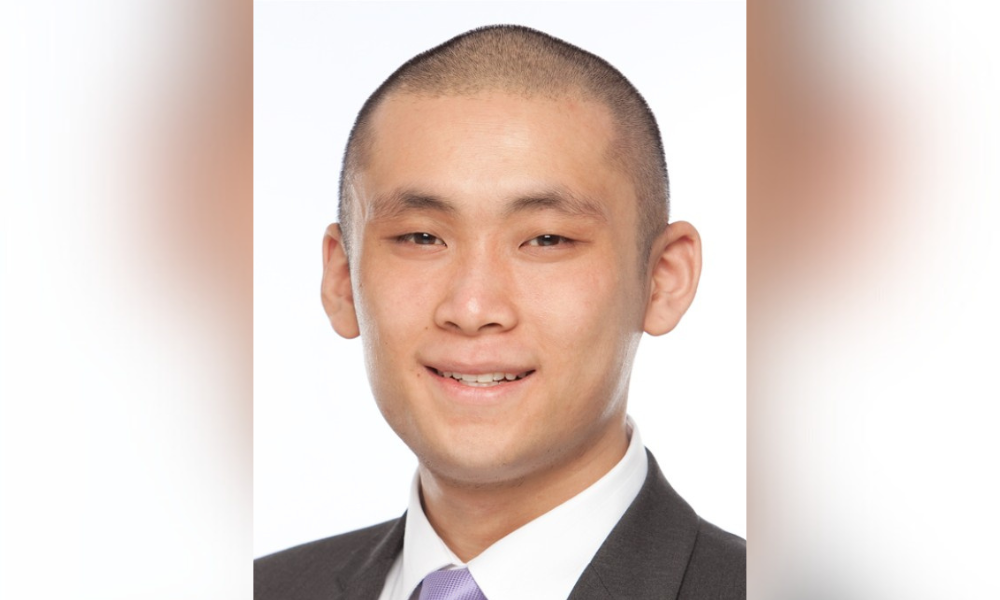The fraud commonly known as the "Fake President" fraud involves a person impersonating the president of the target company. The fraudster uses fake or “spoofed” e-mails to impersonate a high-level VIP of an organization to manipulate an employee who has banking authority to have him urgently send funds by international electronic wire transfers to an account in another jurisdiction, often in China, under pretext of an urgent confidential transaction or other matter affecting the organization.
On April 1st, 2022, the first judgment was rendered by a Quebec court finding a financial institution liable for losses suffered in the context of a “Fake President” fraud. The Superior Court granted in part our client Alfagomma Canada’s claim against HSBC Bank Canada in relation with a “Fake President” fraud scheme that Alfagomma was the victim of in June 2015. The fraud was carried out by a fraudster impersonating the president of Alfagomma’s Italian head office, who requested two telegraphic wire transfers from Alfagomma’s account with HSBC to a Chinese bank account.
Before the Superior Court, Alfagomma alleged that HSBC failed to enforce the $500,000 limit on wire transfers from its bank account, failed to enforce the two-signature requirement for the first transfer and breached its essential obligation of prudence and diligence and failed to respect its internal procedures. HSBC denied responsibility and argued it had no duty to protect Alfagomma and that the latter failed to take reasonable steps to protect itself from fraud. It also argued that the contract included a limitation of liability clause. Assessing HSBC’s conduct, the Court concluded that:
- In executing the wire transfers, HSBC failed to enforce the Alfagomma’s instructions to limit wire transfers to $500,000 The Court concluded that having received the instructions, HSBC did not take any steps to ensure that the instructions would be followed nor advise Alfagomma that it could not implement the instructions. Having been instructed to place a limit on the approval of wire transfers, HSBC should have recorded these instructions and placed a limit on the file. Had the limit been placed, HSBC would have been in a position to raise the question of the limit with the client and confirm the client's intention to raise the established amount. The bank's failure to document its instructions contributed to the fraud being successful.
- In accepting to execute the first wire transfer without the second required signature, HSBC breached its obligation to Alfagomma. The Court added in this regard that although HSBC had numerous policies in place that would have prevented the transaction from going forward, HSBC took inadequate steps to ensure its employees were aware of them, much less attempt to create a culture of compliance.
- In failing to detect the key signs of the “Fake President” fraud despite its extensive institutional knowledge as well as HSBC’s employees’ personal knowledge of this fraud, HSBC breached its duty of prudence and diligence. The Court added that HSBC should have mentioned that the transaction had all the hallmarks of a “Fake President” fraud and inquire as to whether Alfagomma was certain that the fraudster was receiving bona fide instructions.
The Court also concluded that the limitation of liability clause was contained in a contract of adhesion and that as such, it could not limit liability for a fundamental breach or gross negligence. It added that HSBC had failed to prove on the balance of probabilities the terms of the contract that binds them to Alfagomma and could therefore not rely on the limitation of liability clause. The Court granted in part Alfagomma’s claim and ordered HSBC to pay Alfagomma $937,545.
This judgment constitutes as significant development in Canadian case law, highlighting the duties banks have to shield clients from scams. Bogdan Catanu and Marc-Antoine Côté represented Alfagomma Canada Inc. To view the judgment, click here.
***
 Bogdan Catanu is a partner at Woods LLP with a diverse commercial litigation practice and represents public and private corporations, as well as their officers, directors, shareholders, auditors, contractual partners, or creditors in commercial disputes.
Bogdan Catanu is a partner at Woods LLP with a diverse commercial litigation practice and represents public and private corporations, as well as their officers, directors, shareholders, auditors, contractual partners, or creditors in commercial disputes.
He has a solid experience in complex contractual matters, liability of professionals, such as lawyers and accountants, oppression remedies, and rights of shareholders. He has also represented clients on many occasions in the context of injunction proceedings and in commercial arbitrations.
Bogdan played a leading role in the defense of BCE Inc.’s privatization worth approximately $52 billion, which was being contested by a group of bondholders, and subsequently in defending the purchasers sued by BCE Inc. for a $1.2 billion break-up fee. He also played a key role in the litigation surrounding the restructuring of the Asset-Backed Commercial Paper market worth $32 billion.
***
 Marc-Antoine Côté is a litigation and dispute resolution lawyer. With his superior legal reasoning and drafting skills, Marc-Antoine stands out for his ability to develop sophisticated and innovative arguments. His practice focuses on all aspects of complex civil and commercial litigation, including contractual matters, shareholder disputes, financial and securities litigation and professional liability claims across a wide variety of industries. He also regularly acts in injunctions and cross-border litigation.
Marc-Antoine Côté is a litigation and dispute resolution lawyer. With his superior legal reasoning and drafting skills, Marc-Antoine stands out for his ability to develop sophisticated and innovative arguments. His practice focuses on all aspects of complex civil and commercial litigation, including contractual matters, shareholder disputes, financial and securities litigation and professional liability claims across a wide variety of industries. He also regularly acts in injunctions and cross-border litigation.
A Université Laval graduate, Marc-Antoine was a clerk at the Quebec Superior Court for the Honourable Marc Paradis and the Honourable Jacques G. Bouchard and studied European and International Law at the Sorbonne Law School in Paris. Since 2021, he also has been coaching the McGill University team participating in the Bora Laskin National Moot Court Competition. Prior to his legal curriculum, Marc-Antoine has pursued an advanced music path with post-secondary education in jazz saxophone.





